LondonApril 5, (V7N) – Dhaka Bengali has emerged as the most frequently translated language at Barts Health NHS Trust, reflecting the significant Bengali-speaking population within its East London catchment area.
The trust, responsible for the healthcare of over 2.5 million residents across five hospitals, has allocated a substantial £2,309,277 to translation services over the past five years.
This expenditure comes at a time when the trust is grappling with financial constraints and facing serious allegations of internal dysfunction.
The financial data highlights a consistent year-on-year increase in translation costs. In 2019/20, the trust spent £237,597 on these services.
By 2024/25, this figure had more than doubled to £561,270. Beyond Dhaka Bengali, the most frequently translated languages include Bengali Sylheti, Romanian, Portuguese, and Turkish
Projections indicate that if the current trend continues, annual translation expenses could reach £1 million by late 2028. This amount could fund approximately 46,000 GP appointments, or employ 92 nurses.
The TaxPayers' Alliance has strongly criticized this spending, arguing that the funds could be more effectively utilized to bolster frontline healthcare services.
William Yarwood, media campaign manager, said: "Taxpayers are routinely lost for words at the endless revelations about the ballooning cost of translation services in the public sector. In the health service, the problem seems to be particularly severe, and many will be asking whether the NHS delivers these services as efficiently as they should be."
They propose that the trust explore cost-saving measures, such as expanding the use of online resources and shared services.
This financial expenditure occurs amidst a backdrop of serious allegations regarding the trust's internal culture. An external investigation revealed a "corrosive culture" characterized by allegations of racism, misogyny, and bullying.
The report also raised concerns about patient safety, citing specific instances where internal conflicts may have compromised patient care. For example, three patients went blind, requiring repair surgery, and seven patients had their appointments cancelled after waiting 3-5 years.
A Care Quality Commission (CQC) report corroborated these findings, assigning the trust a "requires improvement" rating in safety, responsiveness, and resource utilization. The report highlighted that staff “regularly worked through breaks and beyond the end of their shift.”
Barts Health NHS Trust defended its translation services, emphasizing the necessity of effective communication with its diverse patient population.
A spokesperson said: "We serve one of the most diverse populations in the country, with more than 60 languages spoken amongst our 2.5 million patients in East London and beyond. Our translation services are vital in ensuring we communicate effectively to our non-English speaking patients, removing these services would create barriers that can impact on patient care, experience and safety.”
The Department of Health clarified that the translation expenses include services for patients with hearing and visual impairments, ensuring accessibility for all patients.
Khasruzzaman, an official at Barts Health told to Daily Dazzling Dawn on Thursday that he did not want to comment on the matter, but his observation is: "Difficulties in accessing NHS services are one of the factors causing health inequalities in many non-English speaking communities. Barts Health serves an area where a large number of patients' first language isn't English."
He added: "We try to ensure we remove all difficulties in accessing our services, including language barriers and the need for sign language. Dhakaiya Bengali has been identified as the standard Bengali language, and Sylheti is the most common dialect among the local Bengali population."
END/MSS/RH



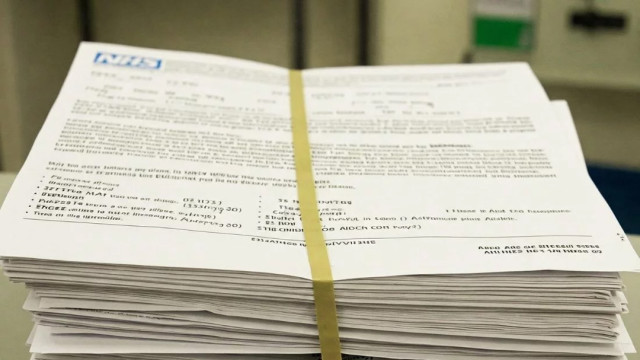

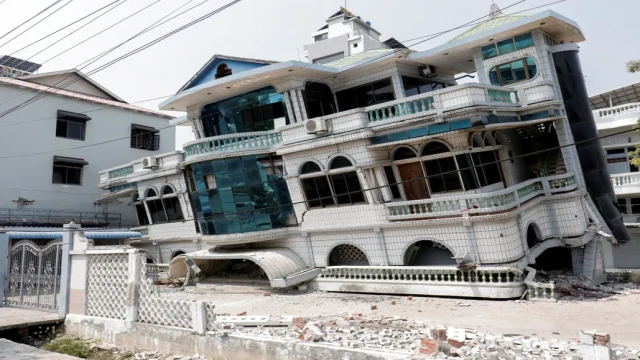

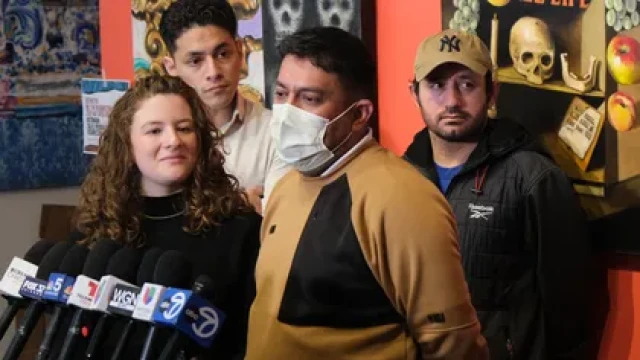
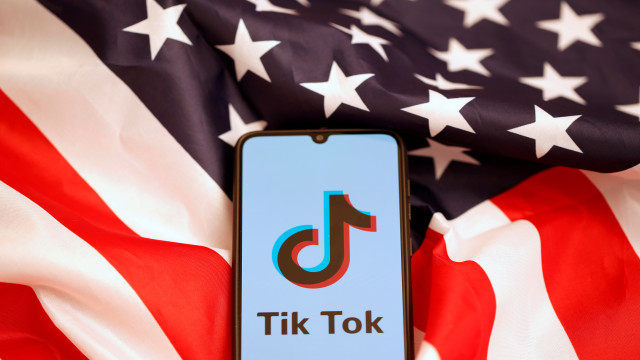

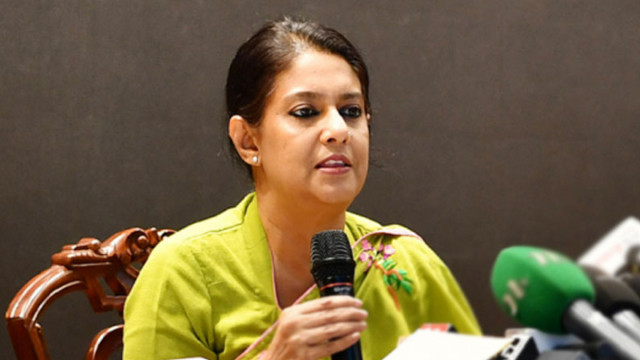
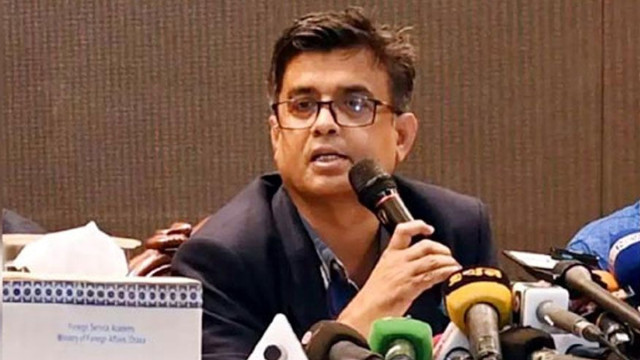
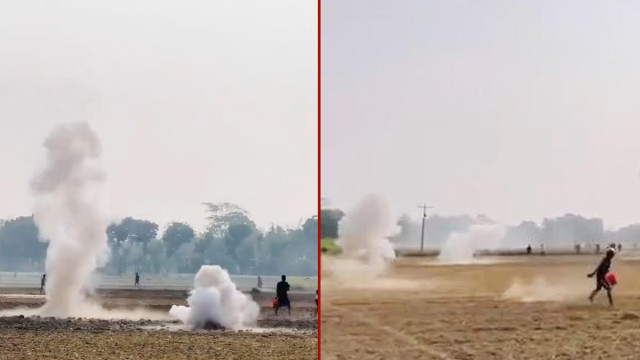
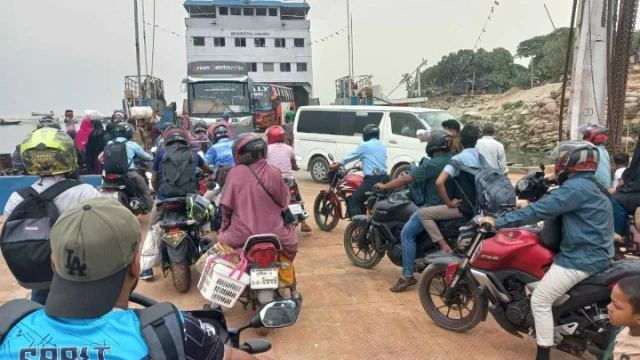
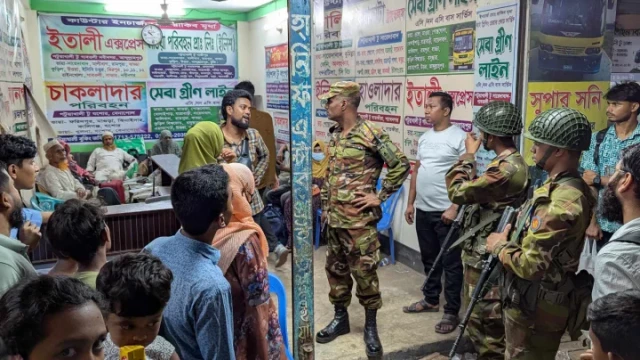
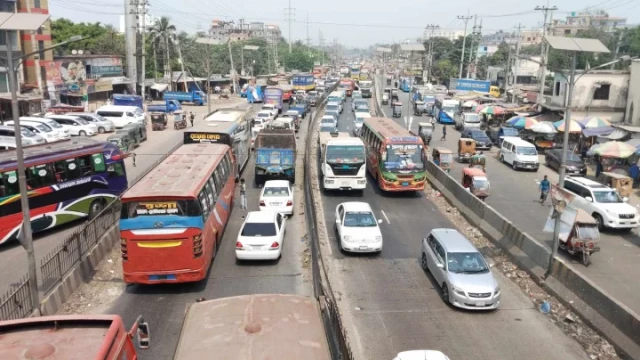
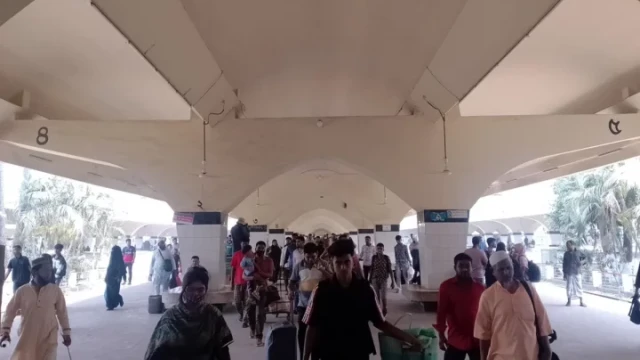
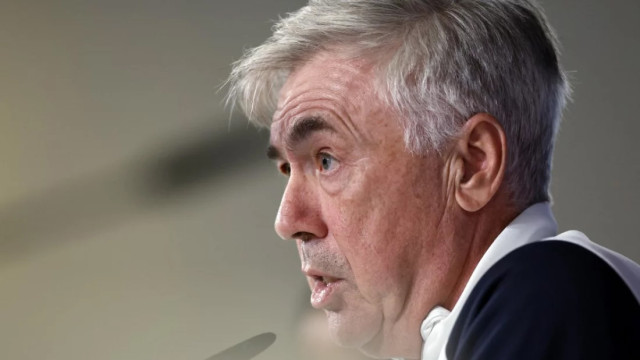
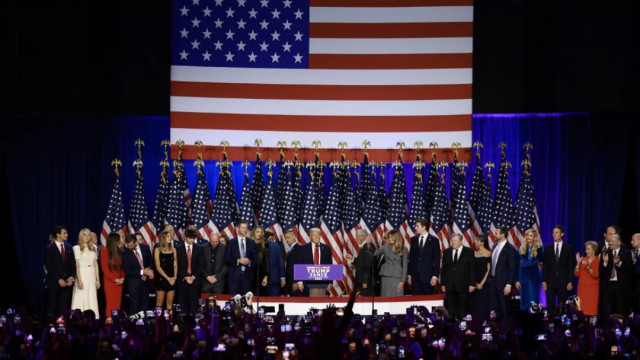


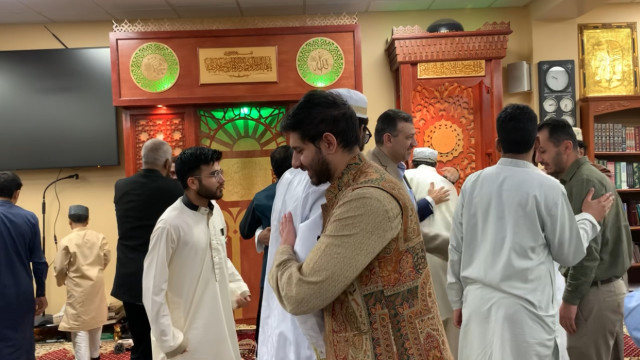

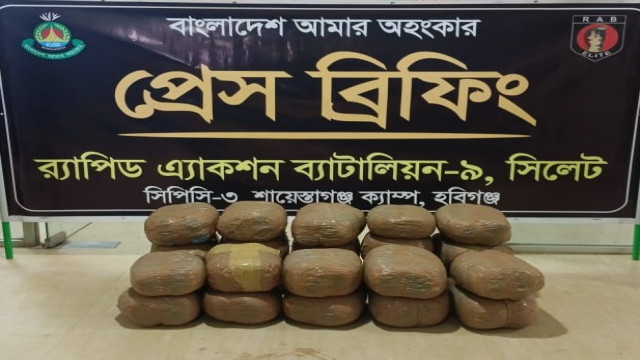
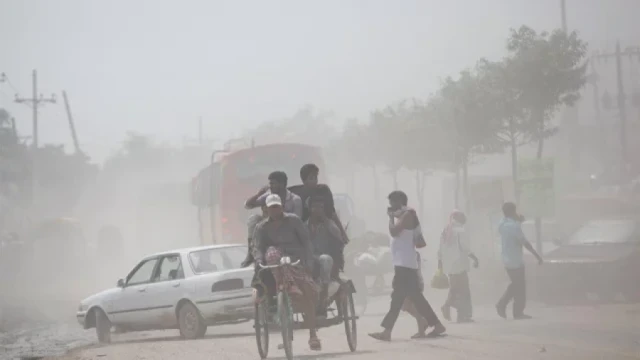
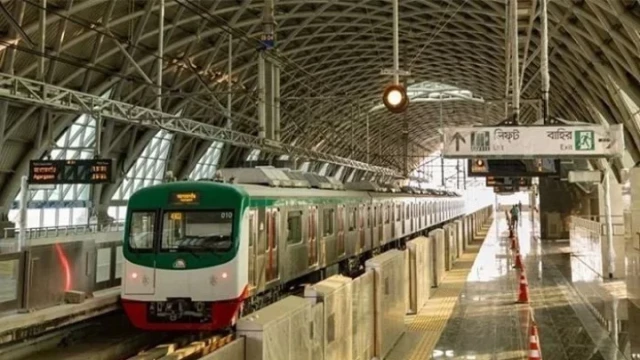

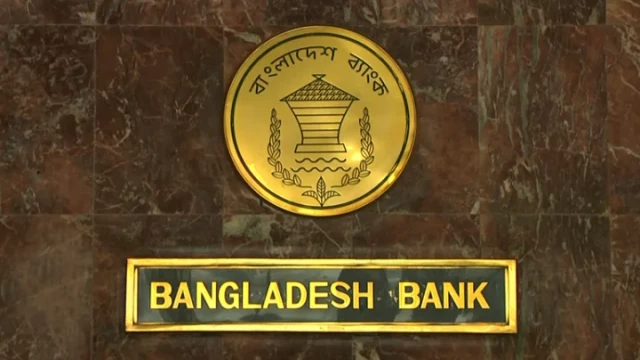
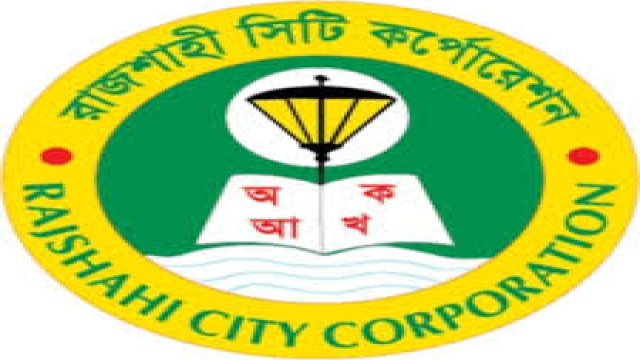

Comment: